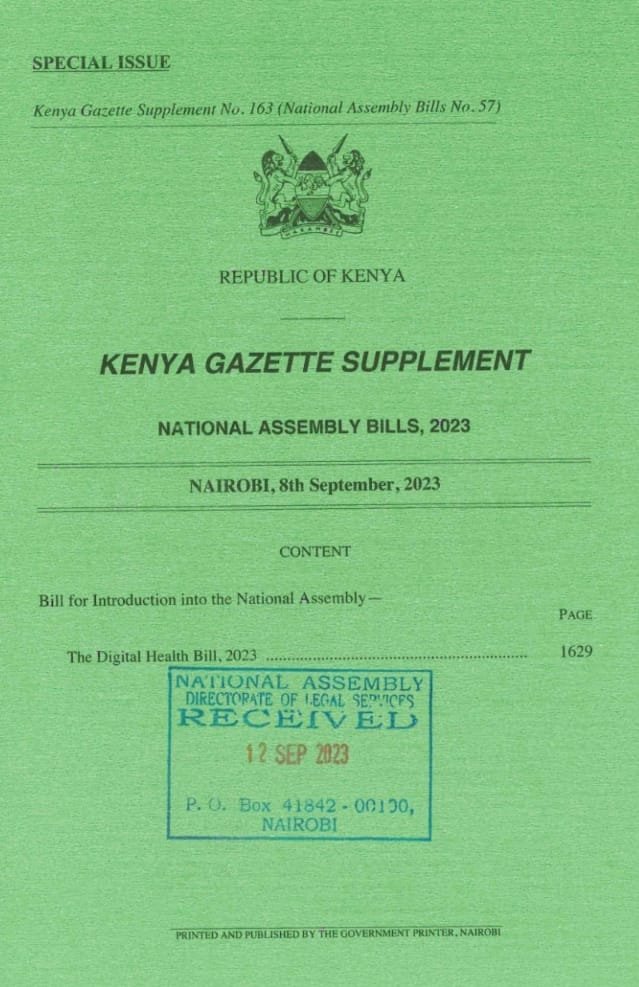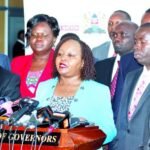Progress is being made in the approval of four Health Bills in both Houses of Parliament, with relatively few interventions from parliamentarians. However, concerns have emerged regarding the exclusion of proposed amendments, leading to dissatisfaction among members, particularly from the Minority side of the National Assembly.
Members from the Azimio-One Kenya coalition expressed their frustrations, prompting session chair David Ochieng to rule that they could move the amendments independently.
Simultaneously, the Senate, in a session held in Turkana, fast-tracked the processing of two bills intended for handover to the National Assembly.
In just two days, the National Assembly has advanced two critical Health Bills through significant stages: the Digital Health Bill and the Social Health Insurance Bill. The Digital Health Bill encountered minimal resistance in the House.
However, prior to addressing amendments to the Social Health Insurance Bill for 2023, members from the Minority Side raised concerns that crucial amendments had been omitted from the report prepared by the Health Committee chair, Robert Pukose.
Seme MP Dr. James Nyikal noted, “When we looked at the amendments we proposed, they were different from the committee amendments that were recommended. They have been left out.”
Ruaraka MP TJ Kajwang added, “When you come and find different indications against the report, constitutionally this is wrong. Is this legislation that was taken to public participation?”
Kikuyu MP Kimani Ichungwa emphasized, “Any of you can bring the amendments. The report is a property of the house, not the chair.”
MPs are concerned that due to the government’s haste to implement these bills, including the rollout of 100,000 community health promoters and the establishment of a new National Insurance Fund targeting 2.75 percent of Kenyans’ earnings, the proposed amendments may have been disregarded by the Executive.
Funyula MP Wilberforce Oundo stated, “Even if there is a lot of pressure, we can open the pressure valve a little bit so that we can do things in an orderly manner.”
Meanwhile, in Lodwar, the Senate deliberated on the Primary Health Care Bill 2023 and the Facilities Improvement Financing Bill, 2023. These bills progressed through the second reading and are now at the committee stage.
Upon consideration, the bills will proceed to the third reading, a formality, before being sent to the other House for concurrence.
One significant implication of the Social Health Insurance Fund is the phase-out of the current NHIF. All NHIF funds, liabilities, and assets will transition to a new social health authority. NHIF’s services with current enhanced benefits schemes and packages will shift to the new authority until the expiration of existing contracts.
The NHIF board will need to wind up within a year, and the new social health authority will hire its staff based on board-approved numbers. The Bill allows current NHIF staff to apply for advertised positions, with those not absorbed having the option to retire from the public service or be redeployed elsewhere within the public service.





